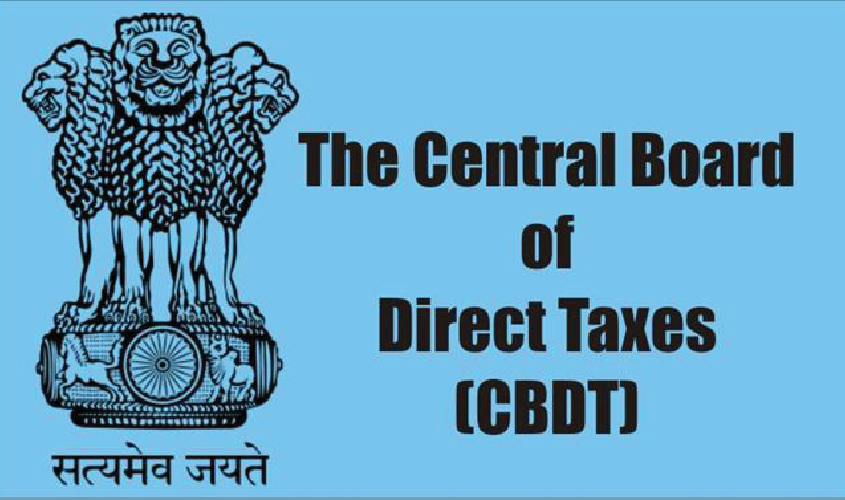Task force formed for the purpose missed a deadline and has been given a three-month extension.
Rewriting of direct tax laws is likely to get delayed as the task force formed to look into the process has been given three months’ extension after missing a deadline this month. After the extension, the task force would now submit its report in August this year.
The task force was formed in November last year to undertake the rewriting process of the country’s 49-years-old direct tax laws.
According to the Central Board of Direct Taxes (CBDT), under the chairmanship of CBDT member Arbind Modi, the task force is assigned to draft direct tax laws in line with tax laws prevalent in other countries, incorporating international best practices, and keeping in mind the current economic needs of the country.
Modi had earlier helped the United Progressive Alliance (UPA) government in drafting the Direct Tax Code Bill in 2010.
Besides Modi, other members of the task force include Girish Ahuja (chartered accountant), Rajiv Memani (chairman and regional managing partner of Ernst & Young), Mukesh Patel (practicing tax advocate) and G.C. Srivastava (retired IRS and advocate). Arvind Subramanian, Chief Economic Adviser (CEA), was made a permanent Special Invitee in the task force, as per the CBDT.
A senior CBDT official told The Sunday Guardian: “The task force was given six months to submit its report, but due to the complex process of rewriting direct tax laws, the task force couldn’t meet the deadline. Later, it made a plea to the Ministry of Finance for extension of the time period and the Ministry, accepting the plea of the task force, granted an extension of three months for submission of reports. After completing the process, the task force would submit its report in August this year.”
“Earlier in March this year, the CBDT had sought suggestions from the stakeholders. The suggestions were sought mainly on the issues of income tax return filing, tax credits, return processing and scrutiny, settlement of disputes and penalties,” the CBDT official said.
The UPA government had also proposed to bring direct tax code to replace the old and complex existing laws, but nothing much happened in this direction.
Hailing the government’s tax reform initiative, Amit Kumar, a Delhi-based chartered accountant, said: “The existing direct tax laws are not in line with the current requirements of the country. The laws which have been in place since 1961 are old and almost redundant. There is an urgent need for changing these laws and the current government seems to be working on it.”
Since coming to power in 2014, the Narendra Modi government has already implemented the General
Anti-Avoidance Rules (GAAR) in 2016 and several other provisions introduced in the Direct Tax Code Bill 2010 have already been
implemented.
Direct taxes are paid directly by the assessee to the government.
These taxes are not paid on behalf of the taxpayers, but are imposed directly by the regulator. Also, the liability of paying tax is non-transferable to another taxpayer. The CBDT, a statutory body, is responsible for the administration of direct taxation in the country.
The CBDT was formed under the Central Board of Revenue Act, 1924, and is a part of the Department of Revenue.

